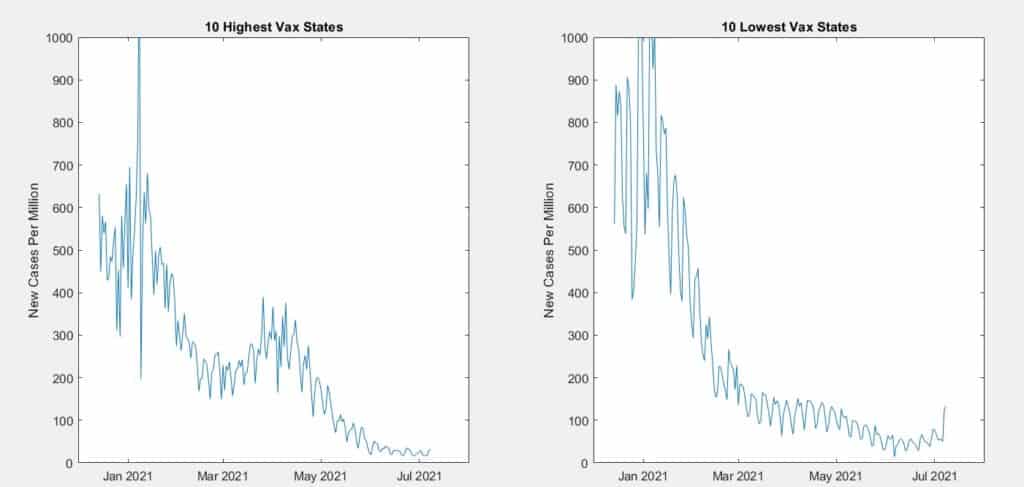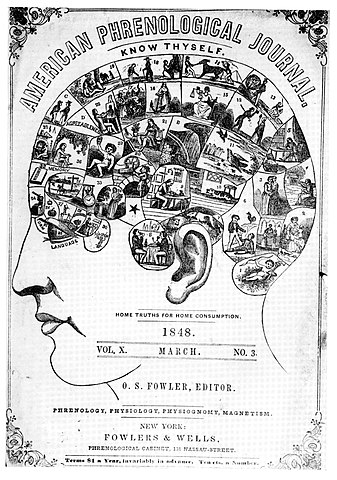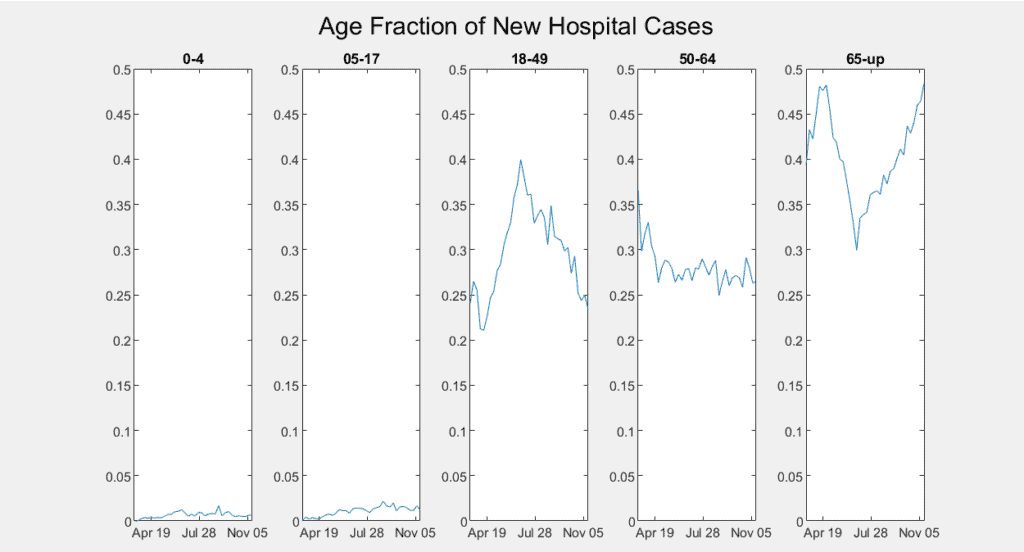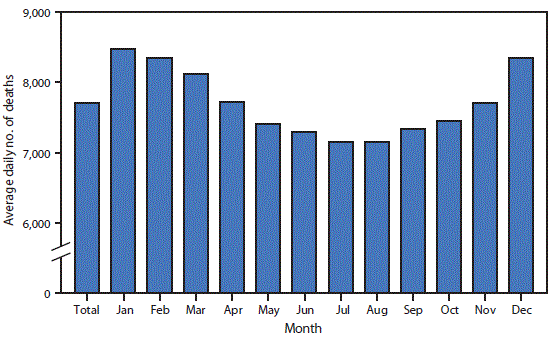Great Idea, Poor Presentation
I got one of those Great Courses from library, “The Power of Mathematical Thinking.” It listed some excellent topics, but as the lecturer talked, it seemed like he never really got to the core issues. His words glossed over the aspects I wanted and needed to hear. Finally, when the lecturer arrived at his conclusions, they sounded weaker than I thought they would be.
Example Topic
How do I know that he was not just a poor thinker given too grand a stage? One example was Simpson’s Paradox. It sounded intriguing. He even gave an example, but I was left confused as to the point.
In Wikipedia, I found a nice understandable explanation of Simpson’s Paradox. Â Skipping down to the Teacher’s Performance section, it warns to be cautious on interpreting reports that are based solely on averages.
Consider a media report that compares average performance of two teachers, year over year, but then it averages each performance over the two years.
It’s possible, mathematically, for a teacher who performs better each year to be worse overall! Isn’t that astounding? This oddity can occur when the size of the classes are vastly different for the teachers in the years, since the overall performance ranking for the year depends on the number of students ranking them, yet when the individual yearly performance rankings are averaged, they are treated as independent of the number of students who performed assessments.
I tried another lecture in “The Power of Mathematical Thinking” about the mathematical truth in Adam Smith’s Invisible Hand concept underlying free market economies. Although my interest was high, the lecture was just a lawn mower of words. I did pick up the name, Leon Walwas who might take me closer to understanding.
Presentation Change
These video courses basically record the teacher lecturing. This particular course make very little use of static images (like posters or chalkboards). Much better would be visible cues of the points the teacher is making. Perhaps a third of the vertical screen to have rolling content germane to augmenting the lecturer’s words.
Also, the lecturer could gesture toward the concept or equation as appropriate to his intention—moving the visual focus from the talker to the idea.







